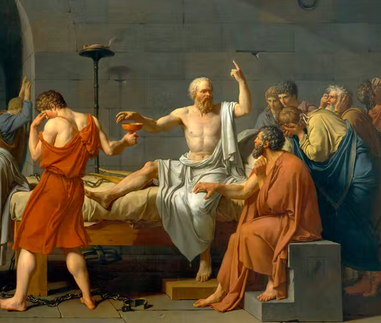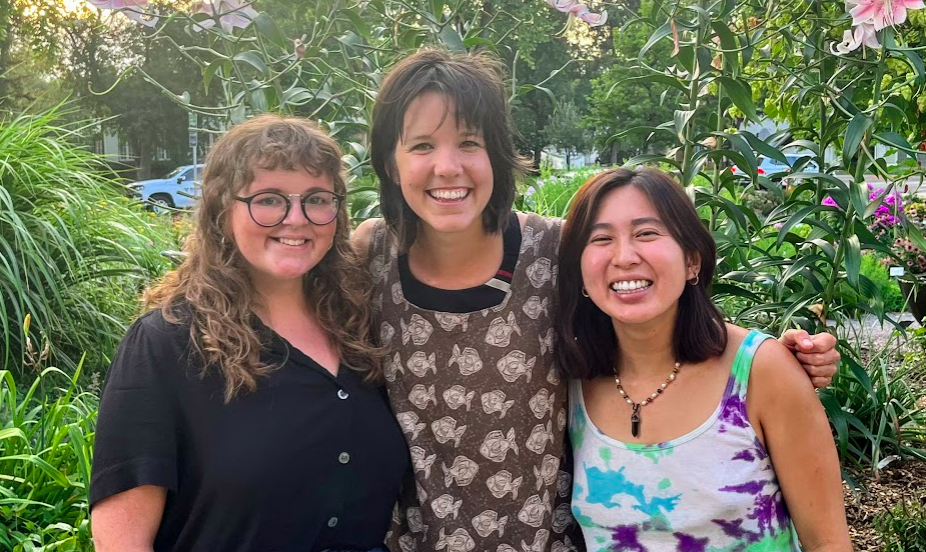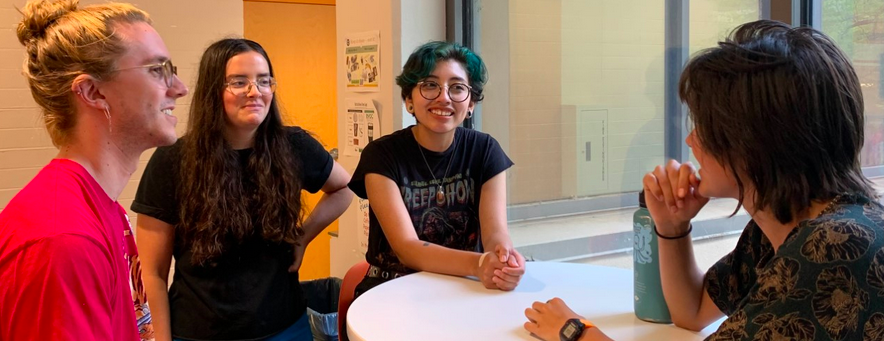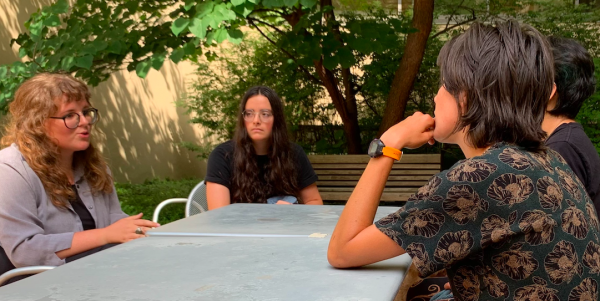For those who have studied philosophy beyond an introductory course, it probably does not come as a surprise that philosophy has been among the least demographically diverse academic disciplines in the United States for decades. Not only are the canonical texts and figures representative of the “dead white man” trope, the demographics of philosophy students, published authors, and working professors is quite skewed. Looking just at gender and race, the 2018 membership data from the American Philosophical Association reports a membership that is 74% male and 80% white.

Many see this as a problem for the field itself. Different social locations provide unique insights into the nature of the world and shape our understanding of reality, knowledge, and justice. When most philosophers belong to one particular racial group and/or one particular gender, not to mention other dominant positions, the content and methodology of philosophy becomes shaped by the perspective of a subset of the population.
Eric Schwitzgebel, a philosopher interested in demographic trends in the field, explains why a diversity of perspectives is needed in philosophy: “Academic philosophy should celebrate diversity of opinion, encourage challenges to orthodoxy, and reward fresh perspectives that come from inhabiting cultures and having life experiences different from the mainstream…. The productive engine of philosophy depends on novelty and difference.”
The lack of significant diversity is not only a problem for the discipline of philosophy, it is an acutely felt problem for non-dominantly-positioned philosophers at the undergraduate, graduate, and professional levels. Many struggle to feel at home in academic philosophical spaces and to find a community to thrive. Plus, philosophy is notorious for its combative style where winning an argument and putting forth a dominant position is rewarded. It is often difficult to find space for one’s voice and collaboration and support can be hard to find.
A New Chapter
When women graduate students in our own department began noticing how the climate of the department was reflecting broader patterns of exclusion and marginalization, they decided to take action. Halie White, Cori Persinger, Minh-Tu Van, Sophie Deam, and Vanessa Stahel joined the national effort to support and amplify marginalized voices in the discipline with the founding of a Minorities and Philosophy (MAP) chapter on the CSU campus.
The mission of MAP is to “address structural injustices in academic philosophy and to remove barriers that impede participation in academic philosophy for members of marginalized groups… we aim to examine and dismantle mechanisms that prevent students from marginalized groups from participating in academic philosophy, as well as to promote philosophical work done from marginalized perspectives, and help improve working conditions for scholars from marginalized backgrounds.”

White explains, “While MAP is intended to support, broadly, minority voices, the women in the department felt we needed the organized support among ourselves, and thought undergraduates could certainly benefit from it too. While the issues around women were the motivating factor, we also want to explore other minority perspectives (or the issue of lack of such views) in philosophy.”
The chapter meets bi-weekly with a goal of forming a community and creating space for all people to feel welcome and to discuss marginalized identities and perspectives in academic philosophy. The activities range from engaging with texts from marginalized views, discussing experiences in philosophy as minorities in the field, and having workshop days. The workshops are either focused on discussing in-progress paper ideas and supporting each other in their development, or on practical skills like communicating philosophical ideas and arguments.
Building Community
The community that has formed around MAP is a vital resource for its participants. MAP provides the opportunity to have honest conversations about experiences in academic spaces and issues with classroom and conversational dynamics. White discusses her own experience, “Before MAP there was a vague feeling of being given less space or feeling at odds with the way some operate in the academic space, but I didn’t have a way to discuss it, universalize it, or really attend to it until we all had a space to come together and relate on our experiences.”
Persinger explains the impact of the group for her, “I feel empowered by the amazing group of people who have come out to our meetings. There have been really thoughtful discussions. This is a community where you are automatically seen as belonging.” White concurs, “I feel supported and less like an individual voice against many. There is a sense of community now.”

MAP also welcomes students with non-minoritized identities. White explains their inclusive stance, “we envision MAP being a space not just to provide support, but to start conversations for those who could learn how to be more supportive and inclusive. We intend this to be an open group for support and education and I want everyone to feel welcome and to learn along with us.” White finds it interesting to see how non-minoritized students show up to MAP meetings compared to a regular classroom setting. “They are more conscious and considerate of the space they take up and allow others to speak more often.” This shift in dynamics is one of the outcomes that group hopes to sustain as we move into the next academic year.
Humanizing Philosophy
MAP participants hope that their community-building efforts will contribute to a larger shift in dynamics in how philosophy is performed. As Persinger explains, “our MAP meetings have helped me see the ways philosophy can be done differently when space is created for diverse voices.” The group hopes that philosophy can be practiced as a problem-solving collaboration where we come together as real people and not as dialogical combatants.

White elaborates on this broader aim: “I think above all, and most importantly, this chapter has allowed us to see the human being behind the academic front. It is relieving to see that we all are experiencing some sort of doubt, stress, emotion, and difficulty in our work. Opening channels to be human, vulnerable, and real in the academic space makes working with one another and taking up the role of academia less intimidating.”
Moving into their second semester, MAP organizers plan to do more outreach to undergraduate students. Plans are underway for a mentoring program and a set of workshops for those who plan to apply for graduate school. The group is also hoping to host speakers and a small conference where students can present their work. The vision for the conference is to claim the space to do philosophy differently and to attract presenters who would otherwise shy away from or be intimidated by such an event. “The hope is to create a conference that is backed by a more supportive and human approach to philosophy to allow space for all of us to thrive.”